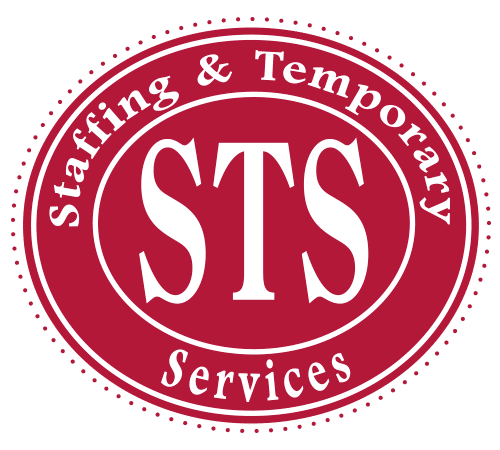The job market is still hot these days and job seekers have many options regarding potential employment, but how can you stack the odds in your favor when going after that dream job?
One way is to have a list of excellent professional references.
We’re talking about past supervisors who know you, know your work and are able to accurately articulate the meaningful contributions you made while employed by their organization in either writing or via a telephone conversation.
When applying for any job, you want to put your best foot forward and sell your ability to perform the necessary tasks in an effort to be selected for the job. That’s great, and any potential employer would expect you to tout your strengths, but hearing or reading about those strengths from a past employer in the form of a reference makes it all the more real.
Here are a handful of job reference tips that explain how references help you get employed for your dream job.
1. History as a Good Employee
To get a good reference, you need to have been a good employee. It all starts with proving your worth and having someone in authority take notice of your skills and talents. If you’ve done good work, showed up on time every day you were scheduled, went above and beyond the call of duty without being asked, then you should easily be able to ask your past supervisors to act as references.
2. How to Select the Right References
Contact your top 3 references before presenting them to an employer, and make sure they will vouch for you when contacted. There is nothing worse than providing a list of references that hurt your chances. Here are 3 essential things to consider:
- Your references are responsive to calls
- You provide accurate contact information
- Your references remember who you are and what made you stand out
Always keep in touch with your references and make sure they know you’re applying for a new job and that they will most likely pick up the phone when your future boss calls.
3. Print out Reference Letters
Pre-empt the request for references entirely by providing a written reference or 2 during your interview with a potential employer.
An impressive action you can take during a face-to-face interview is to leave a written reference (preferably on company letterhead) with the person or team conducting the interview. This single act shows great foresight and desire on your part to be seen as a serious contender that is proactive and professional.
4. Understand the Psychology Behind References
In sales, we’re taught, ‘’If you say it, it’s suspect, but if someone else says it, it’s gospel.”
While that axiom isn’t exact, the meaning behind it is sound, since in sales, we’re promoting the features and benefits of our service or product.
What better way to do so than by offering a letter of reference from a satisfied customer? When you’re applying for a new job, you’re very much engaging in a sales process. By providing your own list of references from satisfied employers, you are achieving the same advantage.
5. Written Reference Format
When providing your written reference, be mindful of length and structure of the letter. The reference should be quick and easy to read. Make sure it’s in a memo format with a heading and includes the following:
- A recent date is best
- “To whom it may concern”
- Who the reference is from followed by their company and title
- Making clear the letter is for you and a future position
- No more than 2 narrative paragraphs about your position, duties, accomplishments, and notable achievements
Your written references will always be more impactful if written on company letterhead, so ask your reference to use letterhead if possible.
Other Job Reference Tips
Though this is a professional reference, it could also include any pertinent personal information, too. An example would be if you worked a part-time job while you were a full-time student and you achieved your objectives at work despite obstacles like class schedules and school work.
Displaying these past challenges show a future employer your commitment to work and gives them an example of your time management skills.
Use these tips to your advantage to structure several useful references that will help you receive great offers.
Remember, too, that an added byproduct of this process is to keep in touch with past supervisors who can offer good advice and mentorship along your long and lucrative career path.
We can help you launch your career path, too. We have a long list of available positions on our job board right now as well as resources you can use to become a more attractive candidate.




